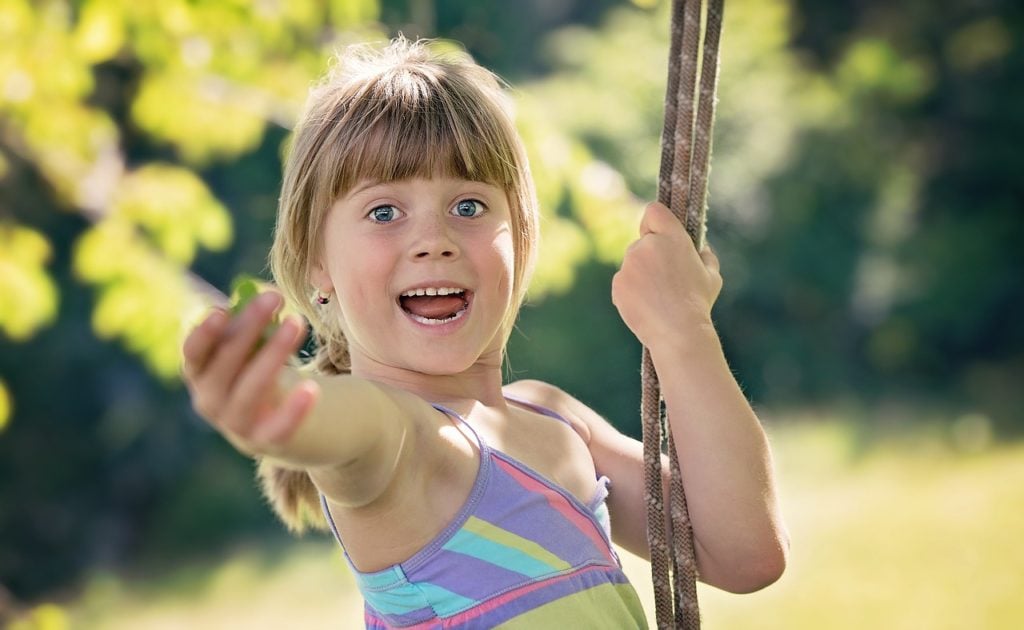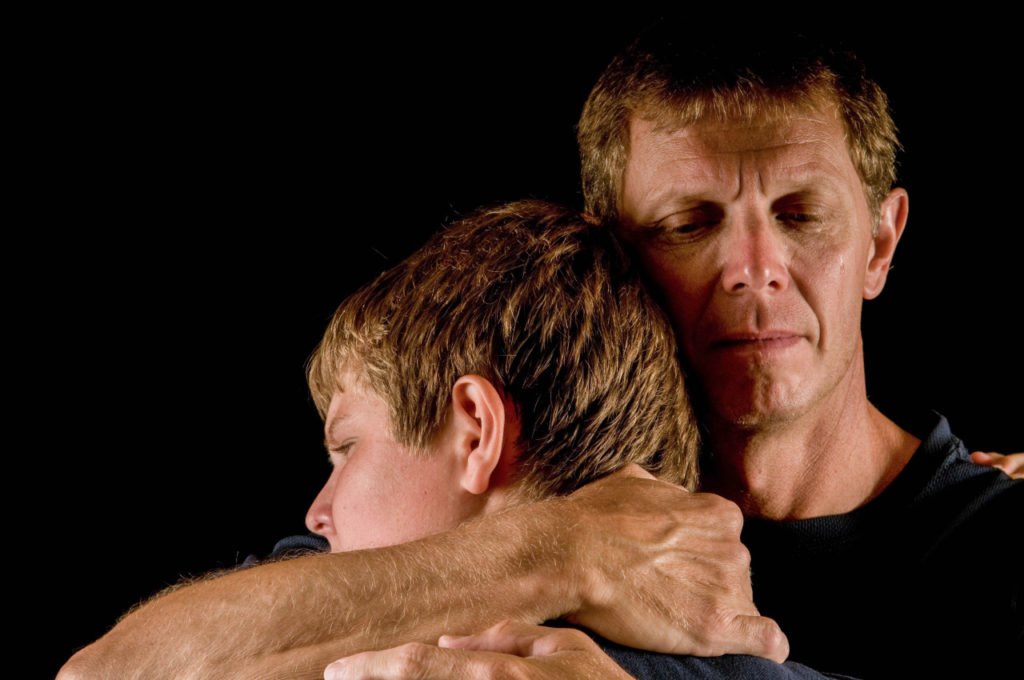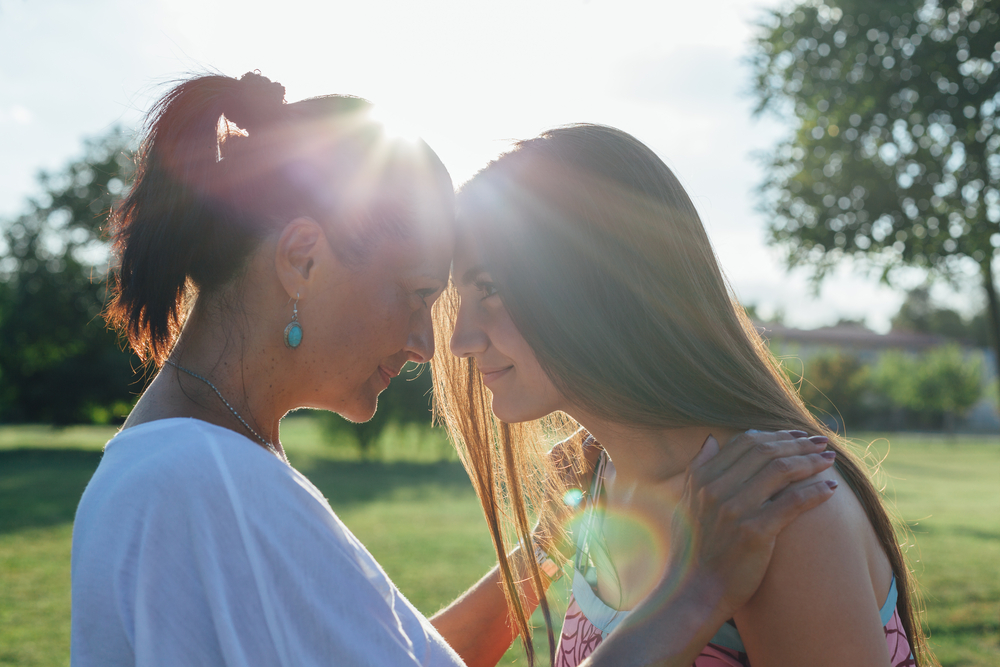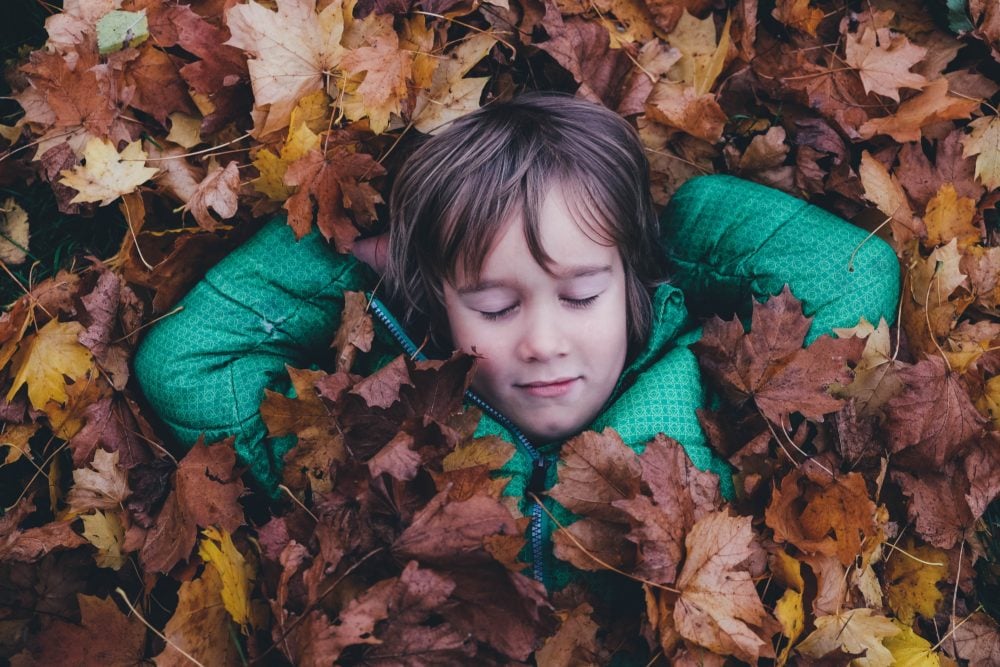Let’s face it, we are all feeling a bit covid-y. You know, zigzagging from frustration to calm to anger to empathy to boredom to joy to loneliness to peace to exasperation and on and on it goes. It is hard enough going through it ourselves, but escorting kids through this minefield is… well… it’s really hard.
That said, now is when we really need to step up. As Glennon Doyle explains in this beautiful analogy, when everything is going to hell in a handbasket, it’s our job to bring the calm for kids.
1. FAMILY TALK
Children adopt the view of the world presented by their significant adults. We forget that sometimes. If we are presenting the world as a frightening place, that is how kids will approach it. Yes, there are frightening things happening but we can minimise how much drama and panic enters our home.
I don’t mean pretend Coved-19 doesn’t exist, but we don’t need to watch every news story and talk about it constantly. Talk about the easy things we can do to protect ourselves and others, like washing our hands and staying home. Talk about the fabulous doctors and scientists who are working tirelessly for us.
Most of all, let kids know that they have the resources they need to get through this worrying time. They can do hard things and you are going to help them.
2. SLEEP
We all cope with stress better when we’ve had a good night’s sleep. Adolescents in particular already have problems with sleep patterns due to the hormonal storm that is going on in their brains. So, even if it is holiday time, ensure kids are getting enough sleep to cope with the emotional ups and downs of these strange times.

3. LISTEN
When you listen to children without judgment, and really hear them, you tell them that their concerns matter… that they matter and you are going to get through this together.
Very often kids don’t want you to fix anything, they just want you to understand how they feel. If you listen to understand, they will learn they can come to you when they are confused or in trouble. That’s a great outcome.
4. BE PROACTIVE ABOUT PHYSICAL AND MENTAL HEALTH
Maintain healthy routines and practices. Promote good diet and exercise. More than ever they need to be fit and healthy, physically and mentally!
Practice mindfulness. Teach kids to be in the present, rather than dwelling on the future which we cannot control. If you want to know more about mindfulness, read this article to get some hints and to understand the science involved. Otherwise, watch a three-year-old. They’re natural experts!
Beyond Blue has set up a section on Covid-19 to help anyone who feels they need a little extra help with their mental health at the moment. Also, make sure your kids are well aware of the kids’ helpline numbers in your area. They may find it easier to talk about their anxieties and fears with a qualified person they don’t have to face.
5. HELP KIDS TO RECOGNISE AND NAME THEIR EMOTIONS
When we teach kids emotional literacy we empower them. The emotions become visible and manageable. Let kids know all feelings are okay, even the uncomfortable ones. Let them know you feel them as well.
Help kids to recognise and name the feeling they experience. Those are the first steps in managing and soothing their own emotions.
6. STAY CONNECTED TO FRIENDS
We are lucky to have digital platforms that allow us all to stay connected emotionally, even if we can’t be connected physically. A chat and a laugh with a friend can have a very calming influence on us. Kids are no different. This is particularly important for adolescents!
7. CHORES
Make sure every member of your household has chores and responsibilities. It’s important that everyone has a sense that their contribution matters and that they are part of something greater than themselves.
8. DISCONNECT OFTEN
Although the online world is very important in these strange times, it is important that kids disconnect often. They need to connect with you. As much as possible get them outside and into nature, even if it is just a walk in the local park. Nature has a way of bringing us into more natural and grounded rhythms. It is calming.
9. RITUAL AND ROUTINE
Routines provide a sense of normality, in stressful times they ground us. Encourage kids to go to bed and get up at regular times. Set chores and establish some sort of family normality, even while everything outside of the home seems bizarre.
Family rituals are also important. Celebrate birthdays, Easter, anniversaries and any other significant date as creatively as you can. If special family members and friends can’t be there, invite them virtually.
10. SPARENTS
A ‘sparent’ is a caring adult outside of the home. They are the dependable adults whom your child feels they could turn to in times of crisis or even if they just feel as if they need to talk. Make sure your kids are in touch with their sparents.
There will be times when you are the problem that your kids want to discuss. After all, at the moment, you are in close quarters…All. The. Time! There will also be things your kids want to talk about that they don’t want to share with you. Don’t be hurt, be grateful that they have those relationships.
FINALLY…
This is not an easy time, we have lost the control we usually have over our lives. But it is our job to be the calm and to share the calm. Our kids will look back on this significant period and they will forget the details, but they will remember how they felt. That, we have some control over.
Why not follow Linda’s fortnightly blog? You’ll receive free, useful information to help support your kids as they navigate their school years.
Linda would love to meet you on her Facebook page here
Linda Stade has worked in various teaching and management roles in education for twenty-eight years. She has worked in government and private schools, country and city, single-sex and co-ed. Currently, she is a writer, speaker and consultant in Western Australia. You can find out more about her work here.










